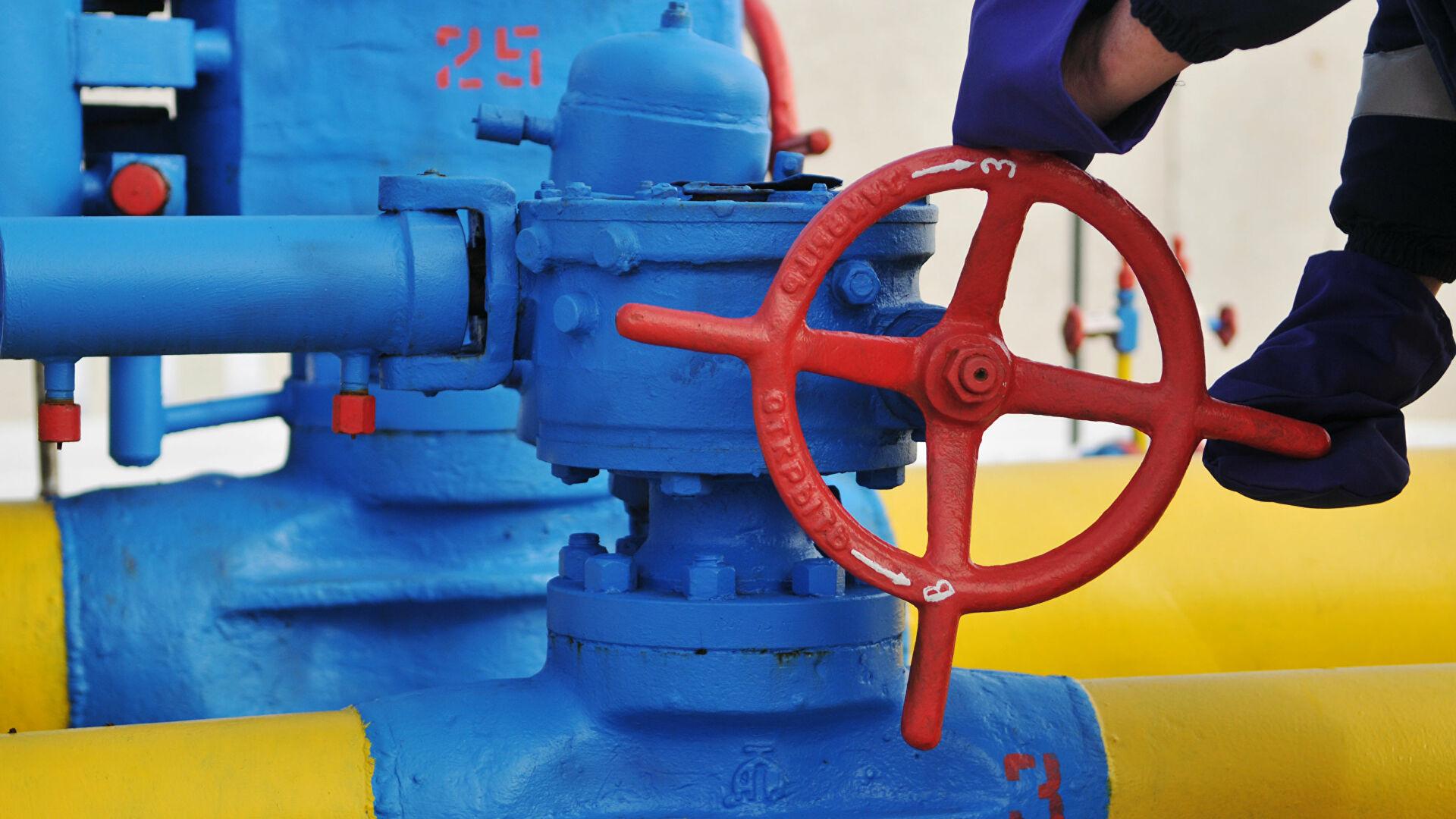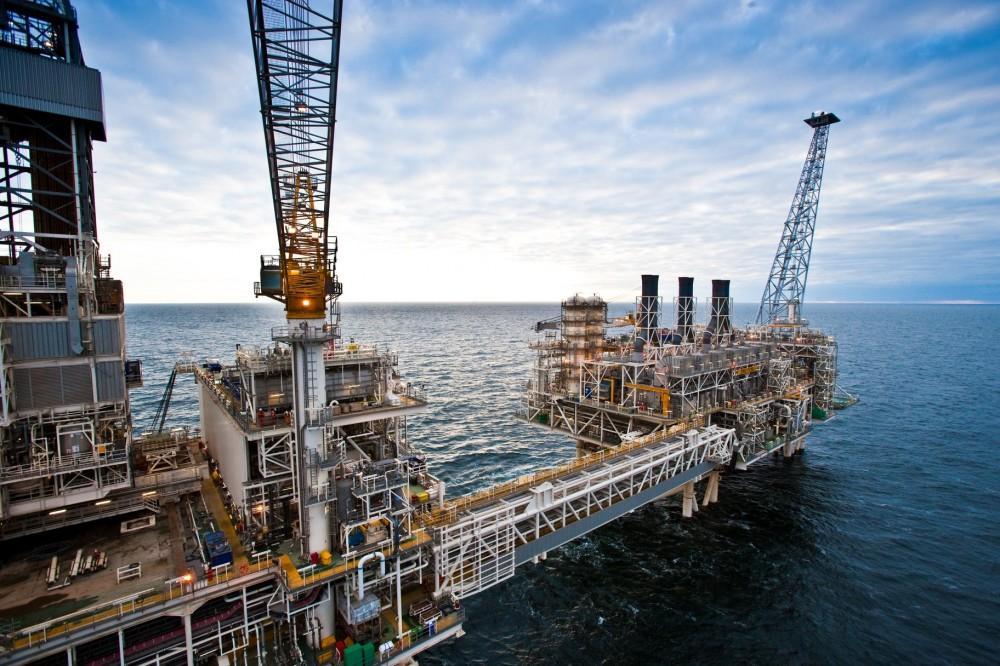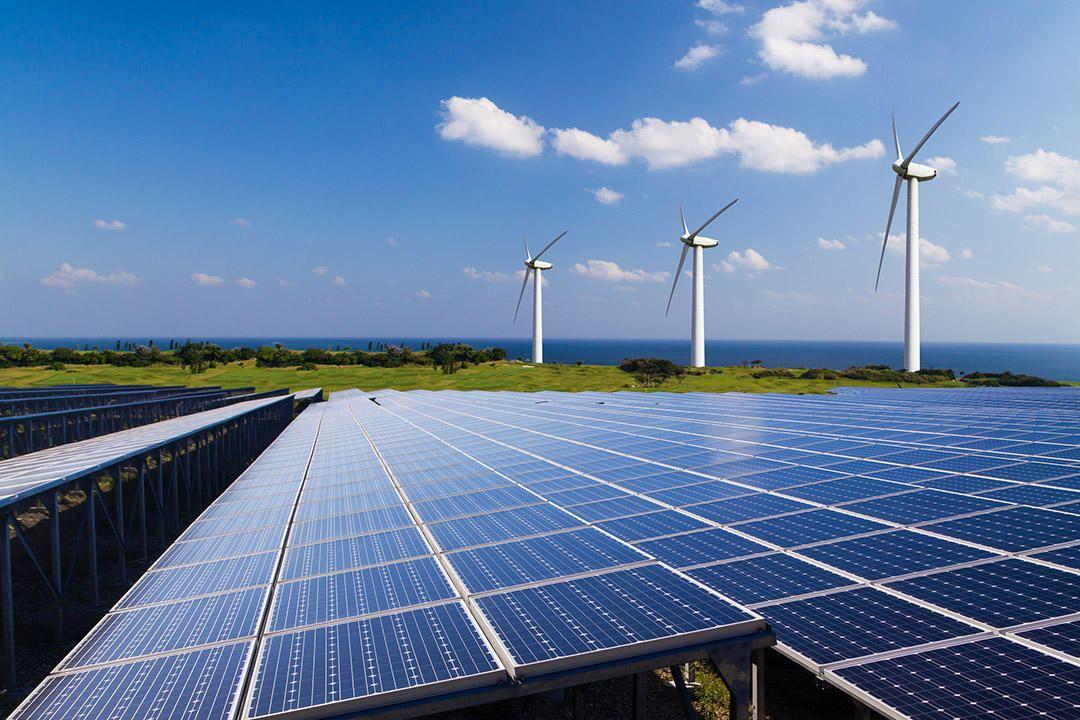From gas, oil to renewable energy: New priorities of Azerbaijan's energy strategy Analysis by Caliber.Az
The main and decisive prerequisite for the confident and sustainable development of today's Azerbaijan is undoubtedly the successful implementation of a long-term oil strategy. At the same time, the rapidly changing priorities of global energy are making their own adjustments to the development plans of the basic sector of the country's economy. The current tasks and long-term goals of the development of Azerbaijan's energy sector were again discussed with the country's partners during the Baku Energy Week, which is taking place these days, and the decarbonisation process, increasing the share of "green" energy, increasing gas exports, as well as the start of production of the first oil within the framework of the Central Eastern Azeri project, were identified as the basic directions by the end of 2023.
The presentations, negotiations, and public speeches that took place during the first two days of the Baku Oil Forum once again showed the clear positions of Azerbaijan and its European partners regarding further cooperation in the energy sector. The energy crisis in Europe, which has been observed for a year and a half, has noticeably intensified against the background of the escalation of hostilities in Ukraine. These events have further increased the importance of Azerbaijani energy resources – oil and especially natural gas, which plays a significant role in diversifying the supply of "blue fuel" to the countries of Southern Europe (Italy, Greece and Bulgaria). Moreover, today Serbia, Montenegro, Albania, Hungary and a number of other European countries are interested in increasing gas exports from Azerbaijan.
"We have started to diversify energy resources and supplies in the European Union since 2014. Europe's main goal is to get rid of dependence on Russian energy resources. The first requirement is that each gas importing country must receive it from at least three different sources, and first of all LNG," Director of the European Commission for Energy Policy Strategy and Coordination Cristina Lobillo Borrero said in Baku yesterday [June 2]. According to the European representative, Azerbaijan plays a key role in the process of diversifying gas supplies to the EU, supporting efforts to stabilise energy prices, as well as to ensure the reliability of supplies.

Interest in Azerbaijani gas is shown not only by the countries of the Old World, but also by neighbours in the region – Türkiye and Georgia. In particular, Turkish Energy and Natural Resources Deputy Minister Alparslan Bayraktar pointed out that over the past 20 years, the demand for natural gas in Türkiye has tripled and continues to grow, taking into account the needs of the rapidly developing industry and the civil sector. Thus, over the past three years alone, Türkiye's natural gas needs have increased from 50 to 60 billion cubic metres. In this regard, the Turkish partners also attach great importance to the possibility of supplying Azerbaijani gas through the Trans-Anatolian Gas Pipeline (TANAP).
This interest is mutual, which was confirmed by Azerbaijani Energy Minister Parviz Shahbazov, who spoke at the forum: "In January-May 2022, the total gas exports from Azerbaijan amounted to 6.8 billion cubic metres, and an additional 16 billion cubic metres will be exported by the end of the year. At the same time, by the end of the year, the volume of supplies via the Southern Gas Corridor to the EU should reach 10 billion cubic meters of gas."
Thus, due to the growing needs of Southern Europe, Türkiye and Georgia, long-term demand for Azerbaijani gas is being formed, which contributes to a stable increase in gas production at domestic fields. The resource base for this is very extensive: Along with the two phases of Shah Deniz, the potential of the Absheron, Umid-Babek, Karabakh, and Shafag-Asiman fields will be linked in the long term, with a capacity of more than 1 trillion cubic metres of gas, according to SOCAR estimates.
Meanwhile, this gas has yet to be extracted and delivered to the final consumer, respectively, additional capital injections into the mining and gas transportation infrastructure are needed. "Azerbaijan has enough gas reserves to meet the needs of the EU countries, but the existing infrastructure does not allow the supply of raw materials in the required volumes. Work is underway to attract financial organisations and investors to expand the pipeline infrastructure of Azerbaijan, and we also need partners who are ready to support our country in gas production," Acting SOCAR President Rovshan Najaf said. Expressing confidence in the success of the capitalisation projects of the industry, the head of the oil department stressed that the steady demand for natural gas will continue in the next decade or more.
The further development of oil cooperation with the EU and the USA within the framework of the development of the Azeri-Chirag-Guneshli (ACG) block of fields until 2050 is also very promising, in accordance with the second "Contract of the Century" signed on September 14, 2017, in Baku. The terms of the new agreement are more beneficial for Azerbaijan – its equity participation increases from 11 per cent to 25 per cent, while 75 per cent of the profitable oil will be transferred to Azerbaijan. In turn, SOCAR acts as a contractor for the new contract, and a bonus of $3.6 billion will be paid to our country by foreign oil companies.

According to the estimates of the oil consortium, it is planned to extract another 3 billion barrels of oil from the ACG field block in the Caspian Sea by 2049, and a key component of these initiatives is the start of production under the Central Eastern Azeri project. The $6 billion projects provides for the creation of a new offshore platform and the drilling of several wells designed to produce about 100,000 barrels of oil and 350,000 cubic feet of gas per day at the peak. "BP plans to start producing the first oil under this project by late 2023: in the second half of this year, the support unit of the Central Eastern Azeri production platform is expected to be sent to sea, and construction work will be completed by the end of 2022," BP Vice President for Communications and External Relations in the Caspian and Middle East region Bakhtiyar Aslanbayli said, speaking at the Caspian Oil & Gas 2022 exhibition.
Despite the fact that the oil and gas track remains a key area of the foreign economic agenda, today Azerbaijan is making every effort to participate in the global processes of the "big energy transition" and decarbonisation of the economy. Moreover, the plans announced during the Baku Energy Week indicate the serious intention of Western partners to participate in the implementation of projects in the field of renewable energy sources (RES) in Azerbaijan. In particular, at the end of May, the British company bp presented to the Azerbaijani Energy Ministry a master plan for decarbonisation of Azerbaijan's energy sector, providing for the formation of integrated "green" energy and transport systems, the creation of energy-efficient buildings, waste management, the development of waste-free industry, as well as the implementation of renewable energy projects in the country's regions and cities. These are just the first steps in the new paradigm of Azerbaijan's relations with BP: as BP's Executive Vice- President for Production and Operations Gordon Birrell noted during the energy forum, by 2030 the company plans to reduce investments in traditional energy by up to 50 per cent and increase them in the field of "green" technologies. And this leading trend of BP's new policy, according to the vice-president, will be felt in Azerbaijan as well.

"Azerbaijan's close cooperation with the UK in the transition to green energy plays a significant role in diversifying relations in the non-oil sector. In particular, we are talking about cooperation on the construction of a 240 MW solar power plant in Jabrayil, as well as on other projects in the field of green energy and decarbonisation," Energy Minister Parviz Shahbazov said. The minister stressed that at the beginning of the year, two contracts were already signed with foreign companies for the construction of two power plants (wind and solar) in Azerbaijan with a total capacity of 470 MW. This work continues, and within the framework of the energy forum on June 4, the signing of the next contract for the construction of a new renewable energy generating facility is expected in Shusha.
Participating in the Baku Energy Week, Romanian Energy Minister Virgil Popescu touched upon the prospects for the implementation of another large–scale project in the field of renewable energy - the creation of an energy bridge between Azerbaijan, Georgia and Romania for the supply of "green" energy. In particular, we are talking about plans (until 2036) to realise the wind energy potential of the Caspian Sea, estimated at 7.2 GW, and the supply of "green" electricity produced by offshore wind turbines to Southern Europe via an underwater transmission line through the Black Sea. This segment of renewable energy is considered by the Azerbaijani Energy Ministry as a key element in the production of "green" electricity and its subsequent export, including to the European region. Moreover, the considerable wind potential of the Azerbaijani sector of the Caspian Sea makes these projects very attractive for potential investors.








